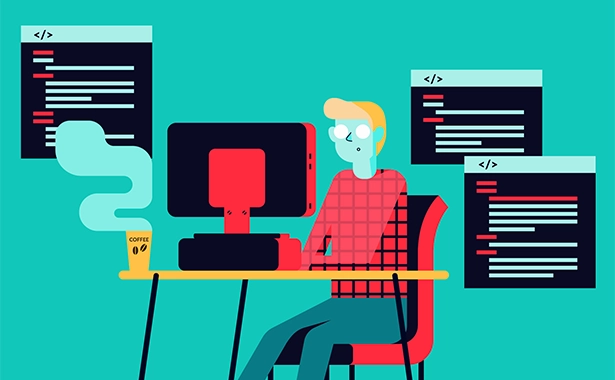UD-150 – Request/Counter-Request to Set Case for Trial—Unlawful Detainer – California Courts
The form “UD-150: Request/Counter-Request to Set Case for Trial—Unlawful Detainer” is a legal document used within the California court system. Adopted for mandatory use by the Judicial Council of California, this form facilitates the process of scheduling a court trial specifically for cases involving unlawful detainer, which typically concern disputes over the right to possess property under certain legal grounds.
The form requires detailed information from the requesting party, including their name, contact details, and attorney information if applicable. It asks the party to state whether the right to possession is still contested and whether they prefer a jury or non-jury trial. It also includes sections to indicate the trial’s estimated duration and dates when the party is unavailable.
Key procedural aspects noted in the form include the requirement to set the trial date no later than 20 days after the request is made, the need for a $150 deposit if a jury trial is requested, and guidelines for filing proof of service by mail. This form must be completed with a declaration under penalty of perjury regarding the accuracy of the information provided.
In essence, the UD-150 form is crucial for efficiently managing the scheduling of court trials in unlawful detainer cases, ensuring all parties are prepared and aware of their responsibilities and timelines.
Here is a guide on how to fill out the UD-150 form, which is used in the California judicial system to schedule a court trial for disputes involving property possession.
Basic Information
- Case Number: Enter the case number as provided by the court.
- Attorney or Party Without Attorney: Fill in your name, state bar number (if applicable), and your address. Include your telephone, fax (optional), and email address (optional).
- Attorney For (Name): If you are represented by an attorney, enter the attorney’s name. If not, you may leave this blank or write “self-represented.”
Court Information
- Superior Court of California, County of: Enter the name of the county where the court is located.
- Street Address, Mailing Address, City and Zip Code, Branch Name: Fill in the respective details of the court.
Parties Involved
- Plaintiff/Defendant: Indicate whether you are filing the request as the plaintiff or the defendant.
Request Details
- To the best of my knowledge, the right to possession: Check the appropriate box to indicate whether the right to possession of the premises is still in issue or not.
- Trial Preference: Enter the street address, apartment number, city, zip code, and county of the premises concerned.
- Jury or Nonjury Trial: Indicate whether you are requesting a jury trial or a nonjury trial.
- Estimated Length of Trial: Specify how many days or hours you estimate the trial will take.
- Trial Date Availability: Note any dates you are not available for the trial, along with the reasons for your unavailability.
Unlawful Detainer Assistant
- Assistance: If you received help from an unlawful detainer assistant (someone who is not an attorney but provides legal help), check whether they assisted for compensation. If so, fill in their details including name, address, telephone number, county of registration, registration number, and the expiration date of their registration.
Declaration
- Declaration Under Penalty of Perjury: Before signing, read the declaration statement confirming that all information provided is true and correct. Sign and print your name and date the form.
Additional Notes
- Proof of Service by Mail: This section should be completed by the person who served the documents if they were served by mail. This person must be over 18 and not a party to the case. It includes the date of mailing, the place of mailing, and the name and address of each person to whom the notice was mailed.
Filing the Form
- After completing the form, you should submit it to the appropriate courthouse. Make sure to keep copies for your records.
This guide helps ensure that you accurately complete the UD-150 form, aiding in the proper scheduling and handling of your trial regarding unlawful detainer. If you need further assistance, it’s advisable to consult with an attorney or a legal aid organization.
Disclaimer: This guide is provided for informational purposes only and is not intended as legal advice. You should consult the Residential Tenancies Act or a legal professional.




